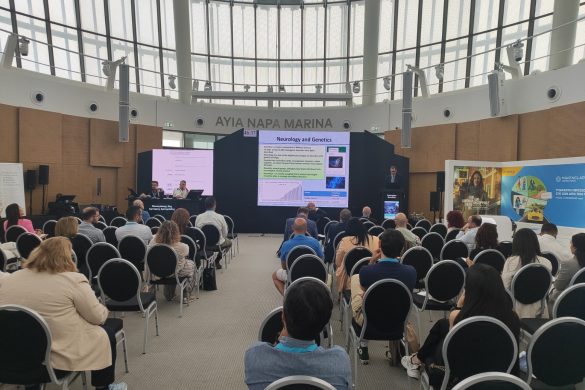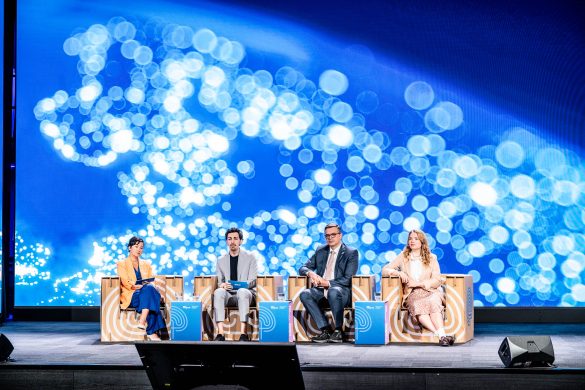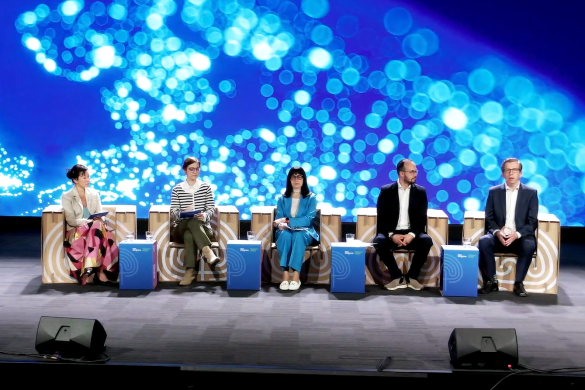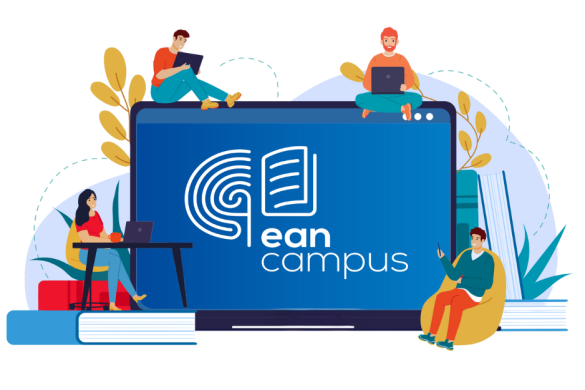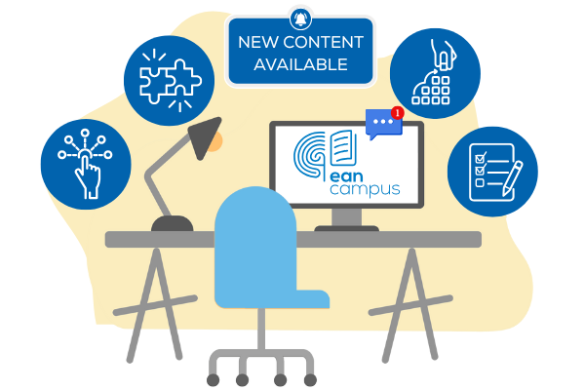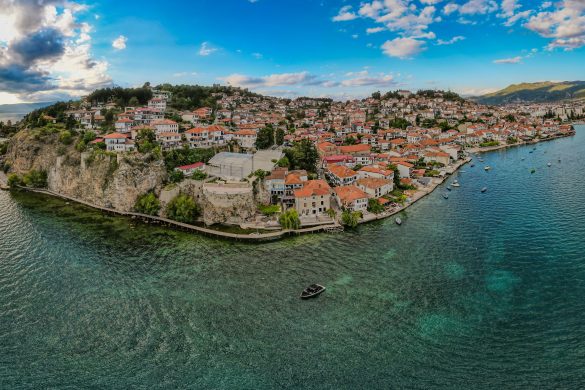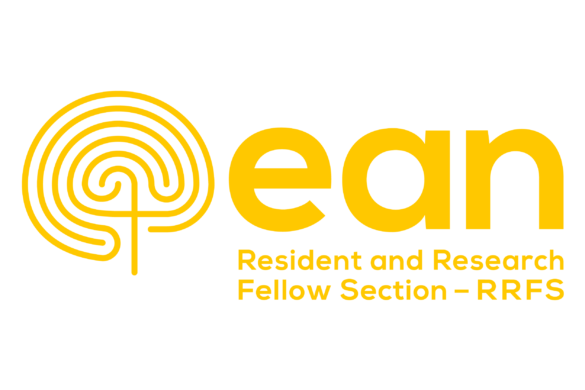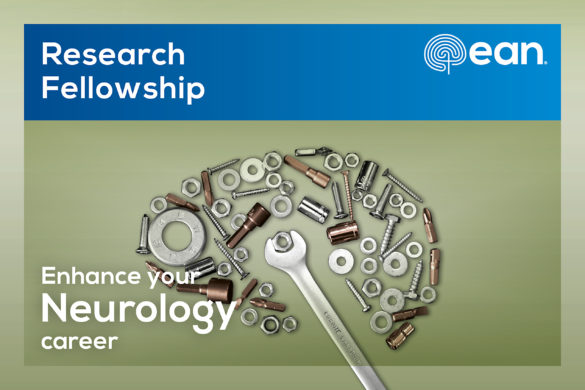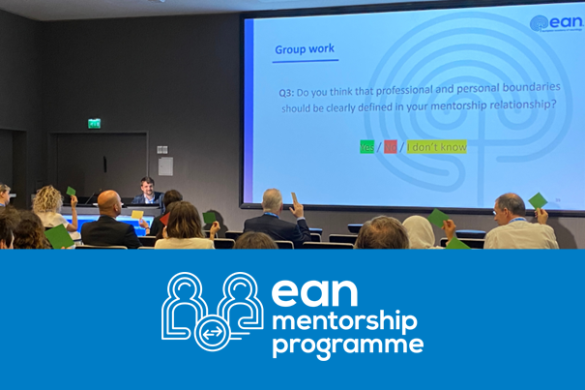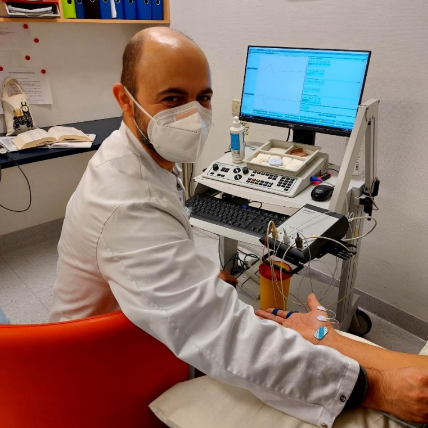
Bogdan-Andrei Ianosi, Berlin, Germany
Term of Fellowship: 1 November – 30 November 2022
Hosting department: Medical University Innsbruck
Supervisor: Ao. Univ. Prof. Dr. W. Löscher
…
Having almost completed the training to become a neurologist and started to learn for the specialty examination on my way to becoming an all-round prepared neurologist, it occurred to me that, although having done my training in different hospitals and departments across three countries (Germany, Austria, and Romania), there are still some gaps in my knowledge regarding peripheral neurology. This may be due partly to the fact that the training in all systems is centered on acute hospital care and less on ambulatory patients, and partly to my own preference for acute medicine and always choosing the rotations on the acute wards.
I found out about the EAN Clinical Fellowship programme and thought it would be a good opportunity to fill in the gaps. I chose for this to go to Austria, a country that I was already well acquainted with (during my exchange Erasmus year in medical school, but also during my Ph.D. training). A country that has an excellent training system, and in Innsbruck a very active and renowned neurology department.
After jumping through a few bureaucratic hoops and organising the trip with my employer, who was kind enough to grant me a month of paid leave, I arrived at the neuromuscular ambulance and EMG laboratory in Innsbruck, where I received a warm welcome from the specialists working there (Dr Anna Hotter, Dr Julia Wanschitz) and the chief of the laboratory Prof. Wolfgang Löscher. I was integrated into the team from the beginning, and was shown the procedures, logistics and, the SOPs of the place and soon started receiving patients to diagnose (neurographically and electromyographically). I joined the team with Fabienne Lehner, a specialist who was pursuing a career outside the hospital in ambulatory care and was redoing a rotation in the EMG Laboratory to get better prepared for her own practice; with Anne Ziganell, a neurologist in training doing her first rotation in the EMG Lab; with Maria Innschnitz, a neurologist from Vienna working as an electrophysiologist in a trauma setting, who came to the laboratory in an exchange programme to learn about non-traumatic neuropathies and myopathies, in preparation for her EMG Certificate Examination; and with Sarah Iglsteter, a specialist in the clinic, who was completing her case count also with the intention to apply for an EMG Certificate.
The patients soon started coming in, and we were left to measure and think on our own before the experts came and looked at our results. This provided a wonderful opportunity to examine and discuss the patients with people who were at different points in the training, and who had different experiences and points of view, leading to a better understanding of the cases and pathology we were measuring, and putting forward hypotheses that the EMG experts, after the measuring was done, looked at and either confirmed or gave new insights into the pathology.
The spectrum of diseases ranged from common (carpal tunnel, ulnar nerve lesions) to exotic autoimmune neuropathies and myopathies, genetic and rare diseases like amyloidosis and Fabry. A very interesting cohort of patients to me were the patients who came to have a post-operative measurement, either after a release surgery after carpal tunnel release or some who experienced an iatrogenic nerve lesion during surgery for another pathology. This provided a look into pathologies during their dynamic and gave insight into the prognosis of some peripheral nerve lesions.
Also important were the patients booked in the afternoons by Prof. Löscher. Quite a few came looking for a second opinion, especially if they had received a devastating diagnosis like amyotrophic lateral sclerosis. Once the diagnosis was made, they were followed up at regular intervals, offering me and my colleagues a new perspective on the natural progression of the disease. We also learned during the discussion with Prof. Löscher some new insights about ongoing research, new therapeutics, and ethical aspects regarding some uncommon diseases, or devastating diagnoses. Probably the most valuable aspect of the fellowship was the opportunity to make the measurements and plan alone, think through the results, and have the chance to discuss them with the experts.
Unfortunately, it was not possible to pursue the full scholarship in 2022, because of staff shortages, and it had to be cut back to four weeks instead of ten. However, I think this is a wonderful opportunity and am grateful that this European exchange is possible.
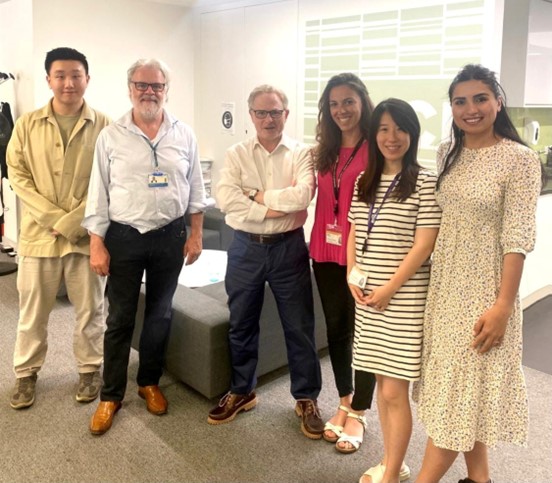
Martina Locatelli, Almè, Italy
Term of Fellowship: 1 February – 31 July 2022
Hosting department: University College London (UCL) – Queen Square Institute of Neurology, Department of Brain Repair and Rehabilitation
Supervisor: Prof. David Werring
…
Thanks to the EAN Clinical Fellowship programme 2022, I had the chance to spend six months at University College of London (UCL) – Queen Square Institute of Neurology.
The main aim of my fellowship was to see different approaches to patients with cerebrovascular diseases, learning from some of the best worldwide experts in this field. My second aim was to take part in a research project, from idea to publication. Moreover, I wanted to get to know a new country and improve my English.
My fellowship in London went beyond all expectations.
I was warmly welcomed by Prof. Werring, a brilliant neurologist and amazing person, who patiently accompanied me in every single step of my experience, giving me precious lessons that I will use in my daily professional activities for life. Prof. Werring introduced me to his research team, and we established very successful connections that made us work hard but happily and with enthusiasm.
Since the very first weeks, I worked on my research project, which focused on acute intracerebral haemorrhage. I started with a systematic study of the literature on the topic and then formulated ideas to develop the project. I worked with a restricted team of three persons, and together we analysed more than 800 MRI scans. This was long and demanding work, but we were constantly assisted by experts (Prof. Werring and Prof. Jager) who taught us to read MRI scans autonomously and to detect lesions and features that we could hardly notice before starting the project. We made consistent improvements in reading MRI scans, as assessed by our periodic meetings with the experts. We then created a rating sheet, a summarised and schematic table to collect data of interest for each MRI scan. We then collected the data, cross-checked our ratings and analysed the data, finding interesting results. With those results, I wrote the dissertation thesis of my neurology residency, that I discussed in November 2022. In that important celebration, I had the honour to be introduced by Prof. Werring (remotely) and to be supported by my lovely colleagues.
In addition to research, I took an active part in clinical activities. I followed my mentor during his out-patient clinics, focused on intracerebral haemorrhages and cerebral amyloid angiopathy, during his in-patient activities and in the emergency area. I also established fruitful connections with local neurology residents, medical students, and consultants, who engaged me in their periodic discussions about clinical cases. This great network allowed me to explore different neurology fields at Queen Square, including cerebrovascular, neuroimmunology, neuromuscular, neuro-oncology, and movement disorders. I really took the best of that experience and tried to learn as much as I could from any neurologist I met.
Outside of professional activities, I really enjoyed living in London. I really got along with my colleagues, we often met each other outside of work, and they helped me to settle into the city. We are still in touch and we sometimes meet each other.
To conclude, my fellowship in London was a successful and unforgettable experience that improved my professional and personal skills and made me grow up a lot. I really thank the EAN for giving me this unique opportunity.




